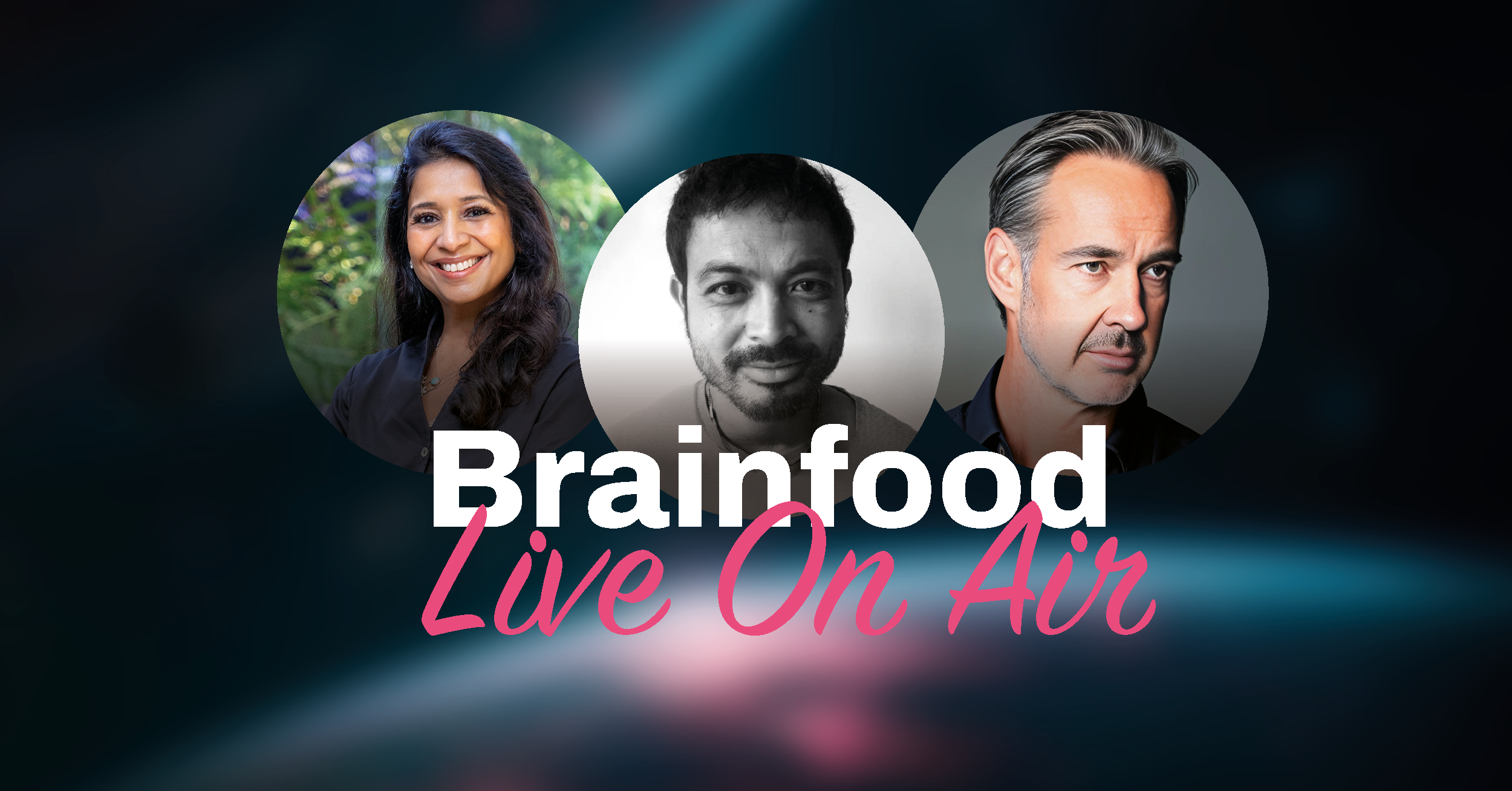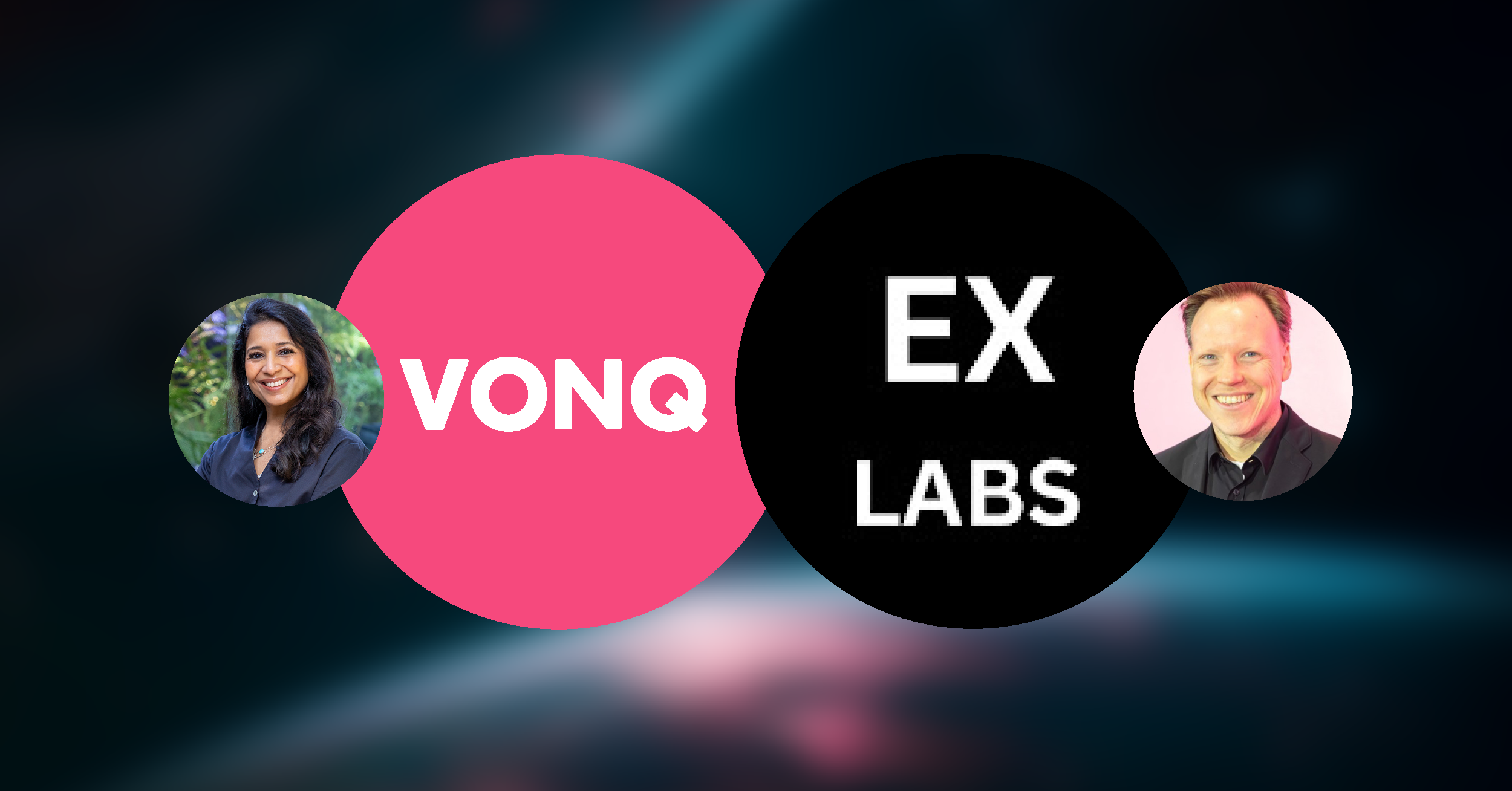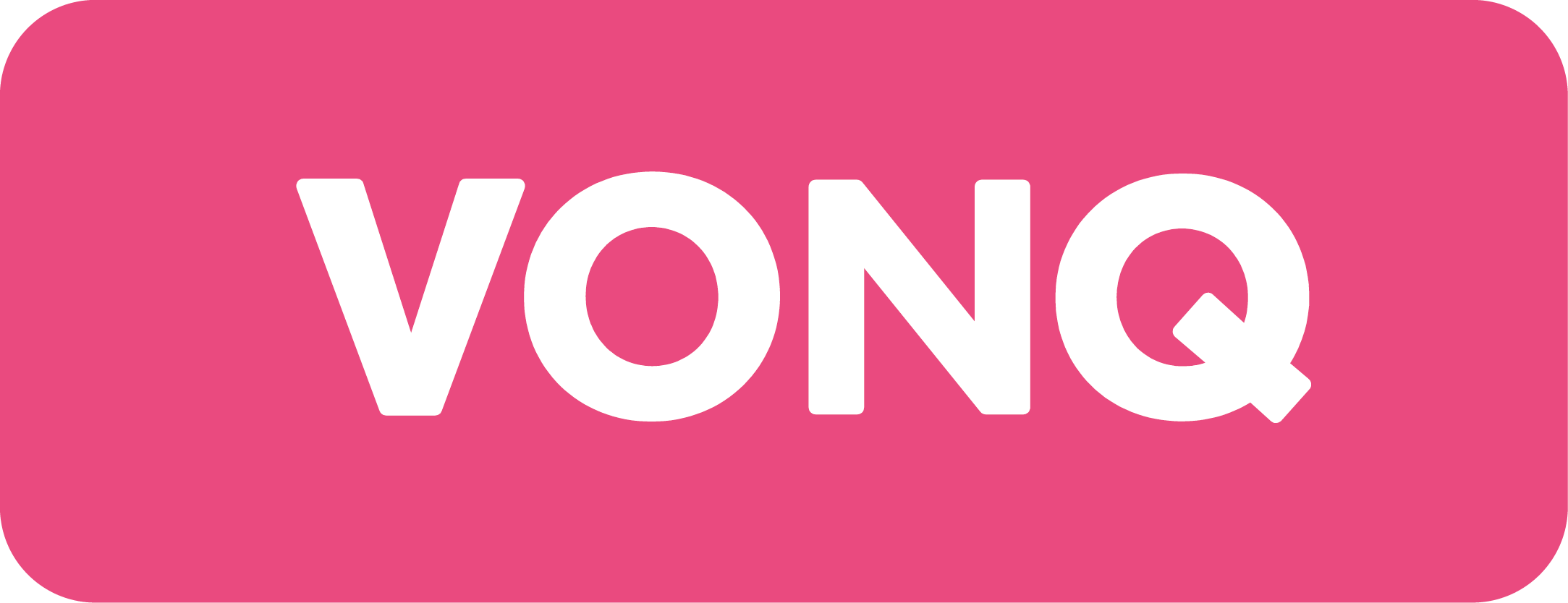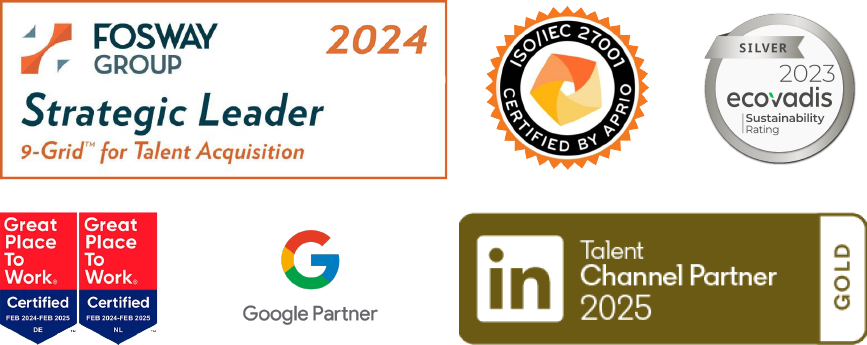In May 2023, Fosway’s 9-Grid™ for Talent Acquisition report highlighted the disruption brought by another wave of innovation in the Talent Acquisition (TA) market. Advances in Artificial Intelligence (AI) are continuing to accelerate this disruption further and transform both the application process as well as how organisations attract, hire, assess, select, onboard, and develop their staff. In this blog, we look at how the TA market shift will be unfolding into 2024 as generative AI, large language models and autonomous agent frameworks find their way into next-gen recruiting solutions.
Sven Elbert, February 2024
A brief history of talent acquisition technology
Ever since job boards started to replace printed job ads and companies started to use e-Recruiting systems to track applicants in browser-based systems, talent acquisition has effectively been an ecosystem market, moving beyond the idea that Applicant Tracking Systems (ATS) were the be-all and end-all of TA. The first wave of ATS providers subsequently experienced business decline, when a new generation of HCM and TA Suite players started to disrupt the market by enabling corporates to optimise recruiting strategies across the entire funnel. The ambition of many of the new players was to deliver recruitment marketing, job distribution, candidate relationship management, selection, hiring and onboarding, all integrated into a single suite solution. And as a consequence, to become the system of record for all TA activities across the recruitment funnel. But, as TA Specialists heavily disrupt the status quo with new capabilities in intelligence, automation, and experience, these next-gen platforms are now themselves under pressure.
Solving the matching problem with understanding
That was all before Generative AI. Since their significant releases in late 2022, we can all now experience how Large Language Models (LLMs) can be used to analyse and accelerate almost human-level understanding in almost any language. And with LLMs, computers are now much better at summarising candidate resumes, extracting their skills, experience, ambitions, strengths, weaknesses, etc. The same is also now true for job descriptions too. By spring 2023, R&D teams from several different vendors had independently reported to Fosway that LLMs were capable of doing a profound job at understanding candidate CVs and that matching candidates would be executed on potentially a much greater level of sophistication.
During the year, many vendors also added natural language models to generate job descriptions or interview questions. Both are not easy tasks to get right, but in the grand scheme of things, they are interesting but still relatively basic TA use cases and unlikely to fundamentally disrupt anyone’s TA or HR operating model.
The other direction many vendor roadmaps have taken is to add copilots or AI assistants that support recruiters or candidates with their day-to-day activities. To be successful, these agents need:
- Relevant domain knowledge, e.g., knowledge of labour laws and regulations, tariff agreements and best practices to ensure that advice and actions comply with legal standards and ethical considerations
- Visibility of company-specific candidate and HR data and the ability to analyse it
- Proficiency in understanding and generating human-like text to interact with real people
- The capability to interpret sentiment, tone, and intent within communications
- The ability to tailor interactions and recommendations to optimise for individual needs
- The ability to execute tasks such as scheduling interviews, sending reminders, and updating records
- A commitment to fairness and objectivity in processes such as hiring, promotions, or layoffs
- Mechanisms to detect and mitigate bias in any AI algorithm and decision-making
- Strong data protection measures to safeguard sensitive employee information
- The ability to adhere to privacy laws and ethical standards in handling personal data
If vendors are successful in getting assistants and copilots to truly work, this will heavily influence HR workloads and processes in the future. But currently, most vendors still highlight that these assistants need human supervision and are designed to improve productivity and semi-autonomously assist actual humans when prompted.
What does this mean for TA Suites and Specialists?
By definition, TA specialists have to understand their chosen domain very well, and therefore are likely to be better equipped to develop meaningful copilots designed specifically for their areas of core focus. In the case of programmatic advertising specialists, some have already infused AI and machine learning to optimise job ads or social media recruitment marketing.
But, by definition specialists have less visibility of your company’s wider policies and regulations beyond their domain of expertise. This prompts some additional questions, especially if users end up with multiple copilots and assistants in this new AI-driven world? How many copilots would a human want? Would you prefer many specialised copilots or a more generalised one for ‘all-things-recruitment’ or ‘all-things-HR’? Would you like to train multiple different copilots? Would you want to take these copilots with you when you leave a job, or should trained copilots stay with your employer? These are all current areas of our Fosway research, and we want to keep you updated with our future research.
The next wave of solutions need to build AI agency
Well-designed copilot systems will have a capability to learn from how humans are interacting with them. They generate data to learn from humans and might eventually achieve human-level capability in specific areas. And this is what the next generation of systems would need – AI agency.
AI agency refers to the capacity of AI systems to make autonomous decisions and take actions without direct human intervention. This concept involves AI systems that can evaluate situations, make choices based on the data and objectives that they have been ‘programmed’ or ‘tasked’, and then execute tasks to achieve certain goals. The degree of agency can and will vary widely among AI systems in the future, from simple automated responses in a controlled environment to complex decision-making processes that involve learning, adaptation, and initiative in less structured contexts.
AI agency raises important considerations in ethics, safety, accountability, control and experience. But, as AI systems gain more agency across the next months and years, these questions need to be examined and discussed. Ultimately, vendors will need to ensure they align with human values and provide users with ways to mitigate the risks of unintended consequences. How to distribute responsibility for their actions will become increasingly significant from a legal perspective, too.
About Fosway
Fosway Group is Europe’s #1 HR Industry Analyst focused on Next Gen HR, Talent and Learning. Founded in 1996, we are known for our unique European research, our independence and our integrity.
For over 25 years, we have been analysing the realities of the market, and providing insights on the future of HR, Talent and Learning. Fosway analysts work extensively with our corporate clients to understand the inside story of the challenges they are facing, and their real experiences with next gen strategies, systems and suppliers. Our independent vendor analysis provides a vital resource when making decisions on innovation and technology.
And just like the Roman road we draw our name from, you’ll find that we’re unusually direct. We don’t have a vested interest in your supplier or consulting choices. So, whether you’re looking for independent research, specific advice or a critical friend to cut through the market hype, we can tell you what you need to know and how to succeed.
